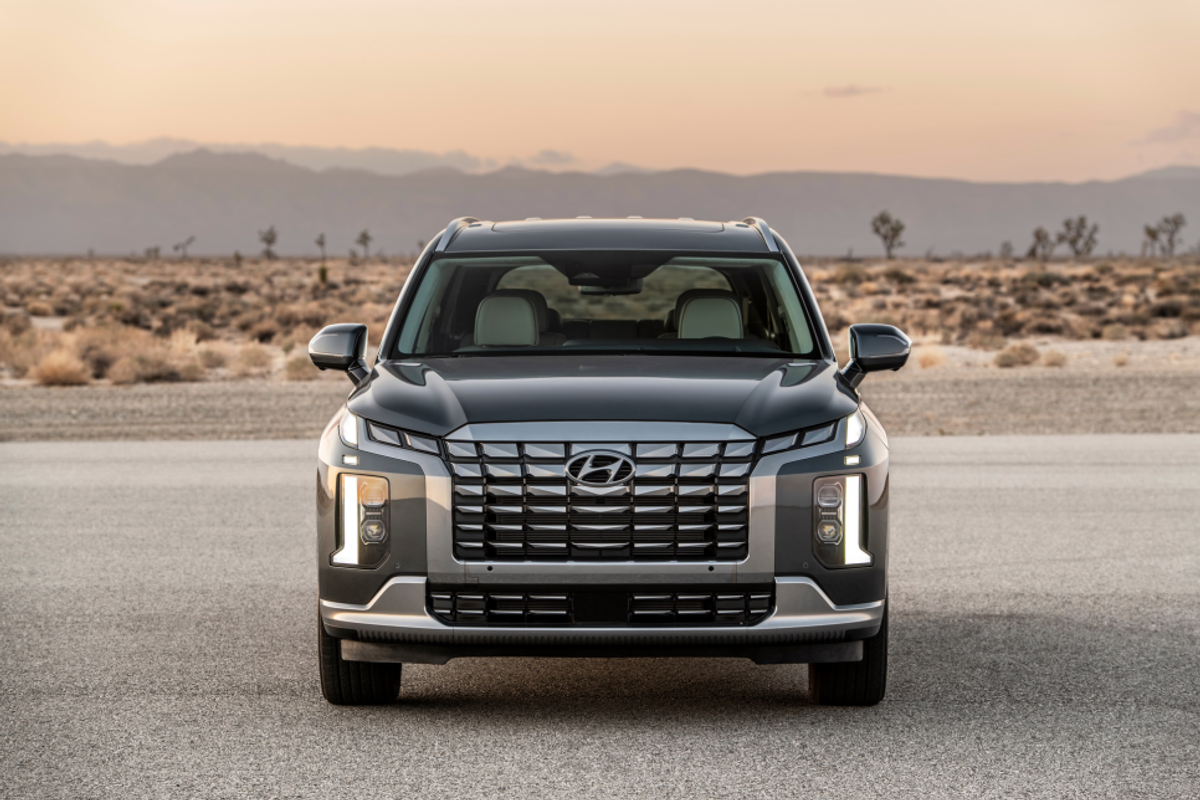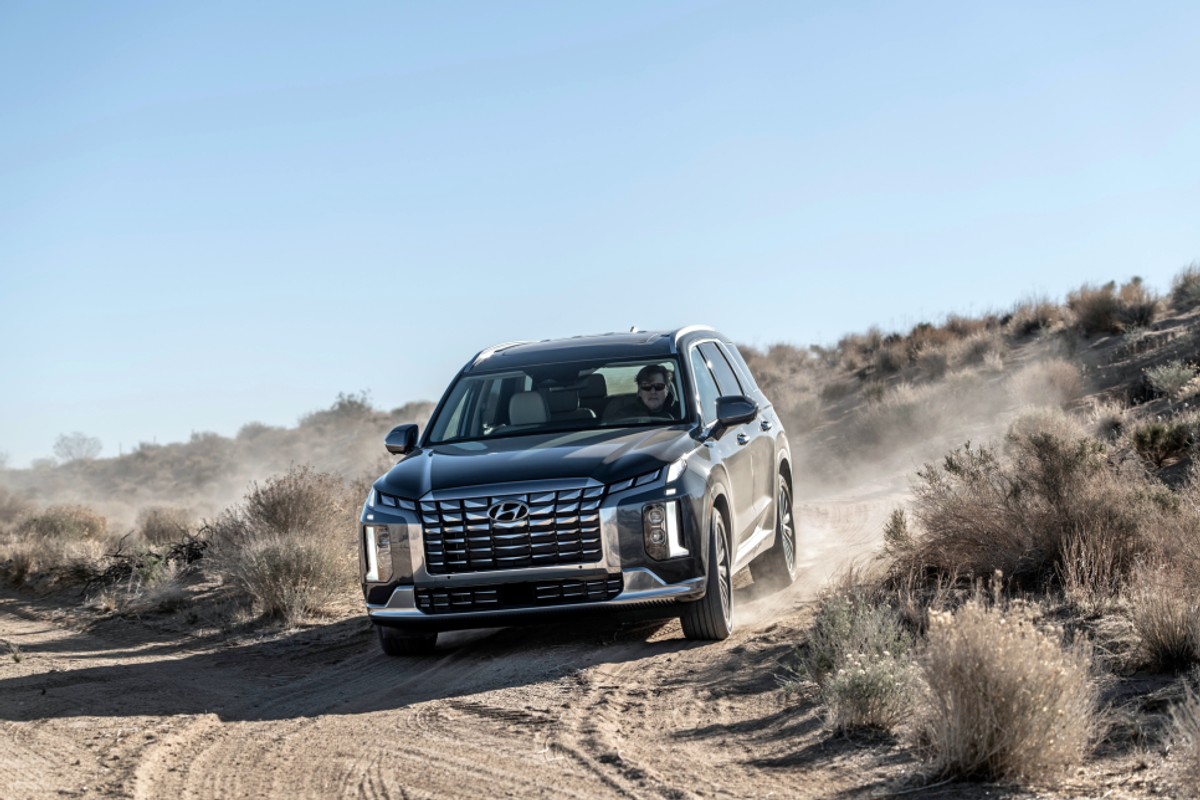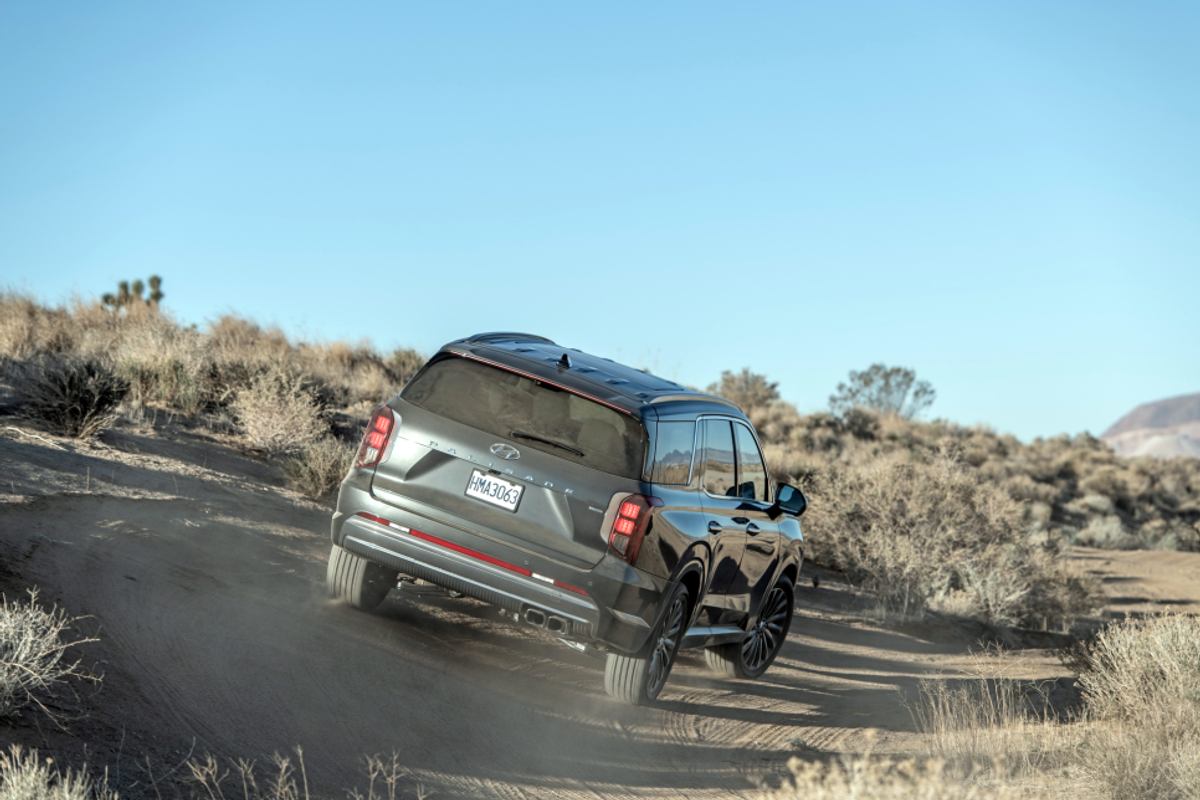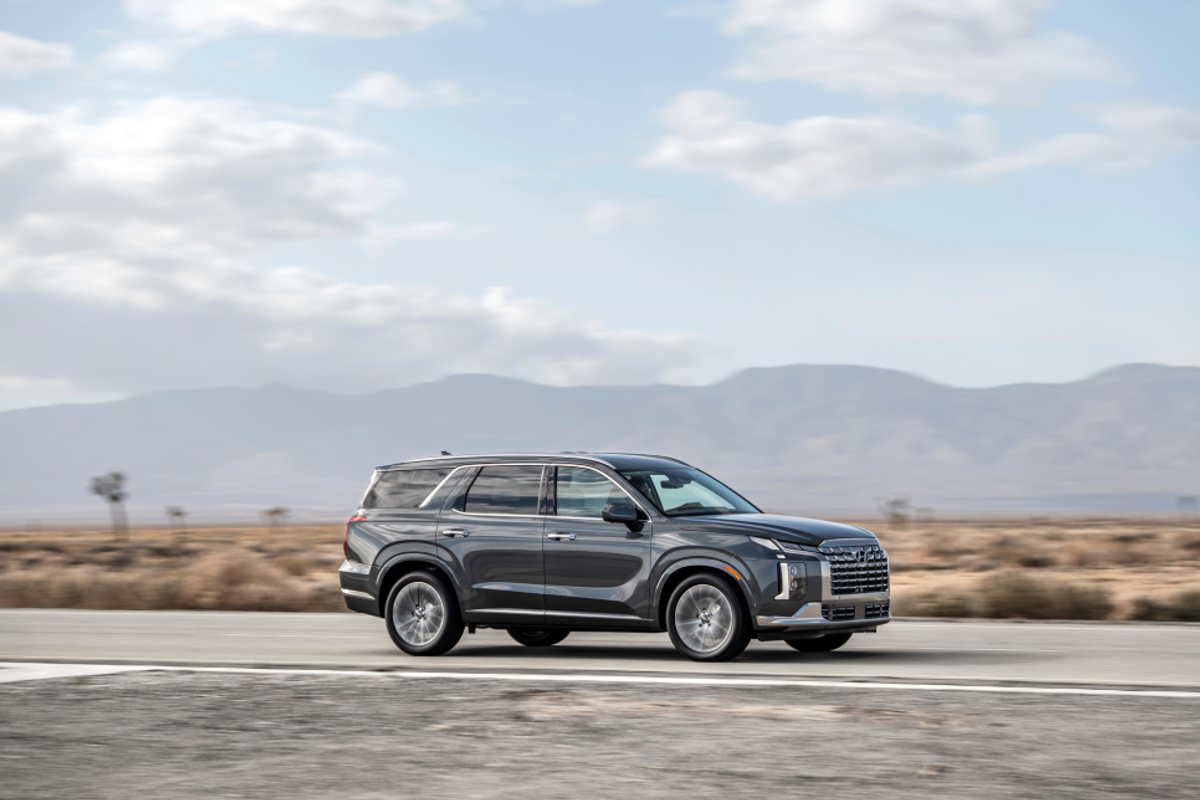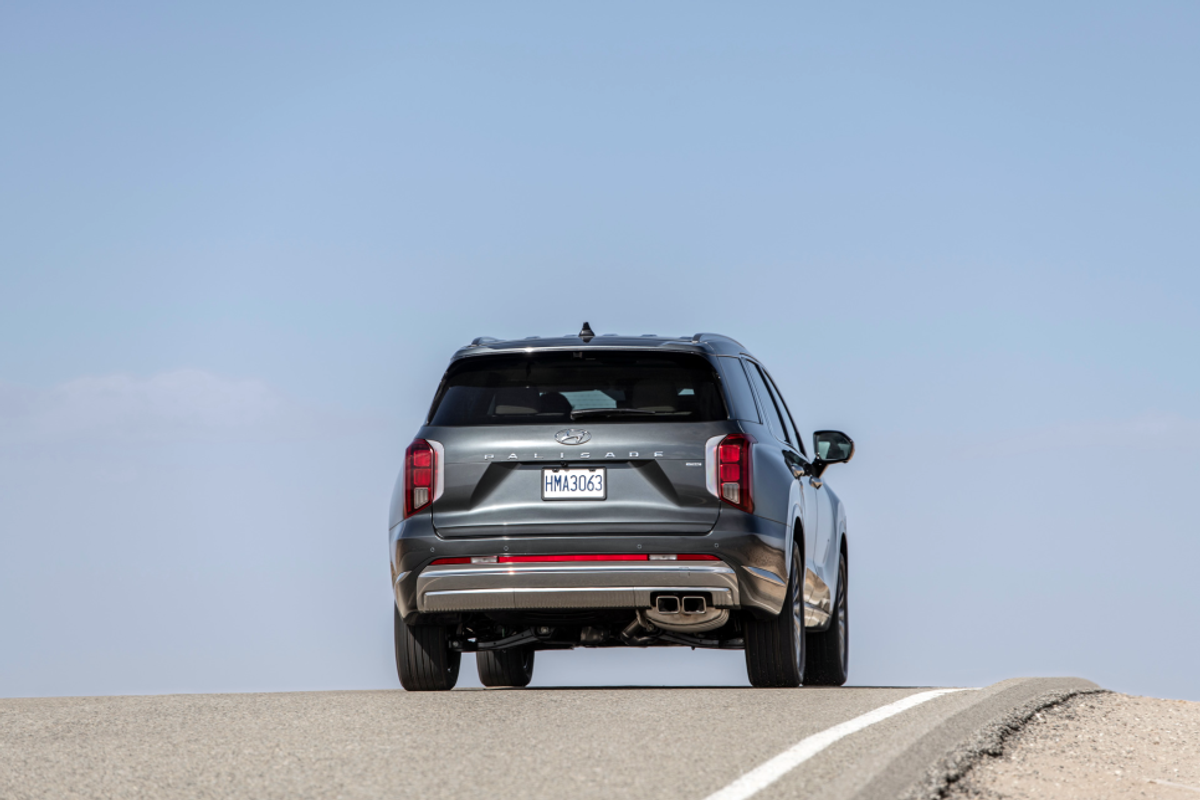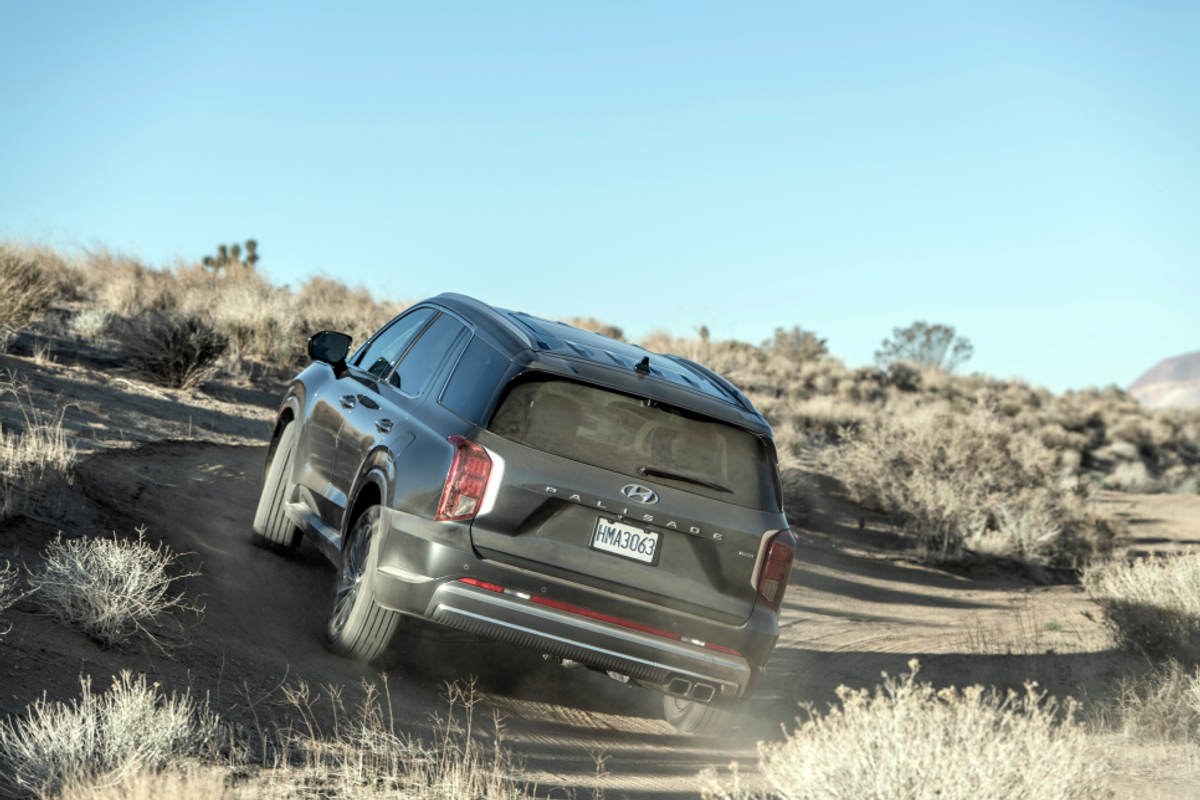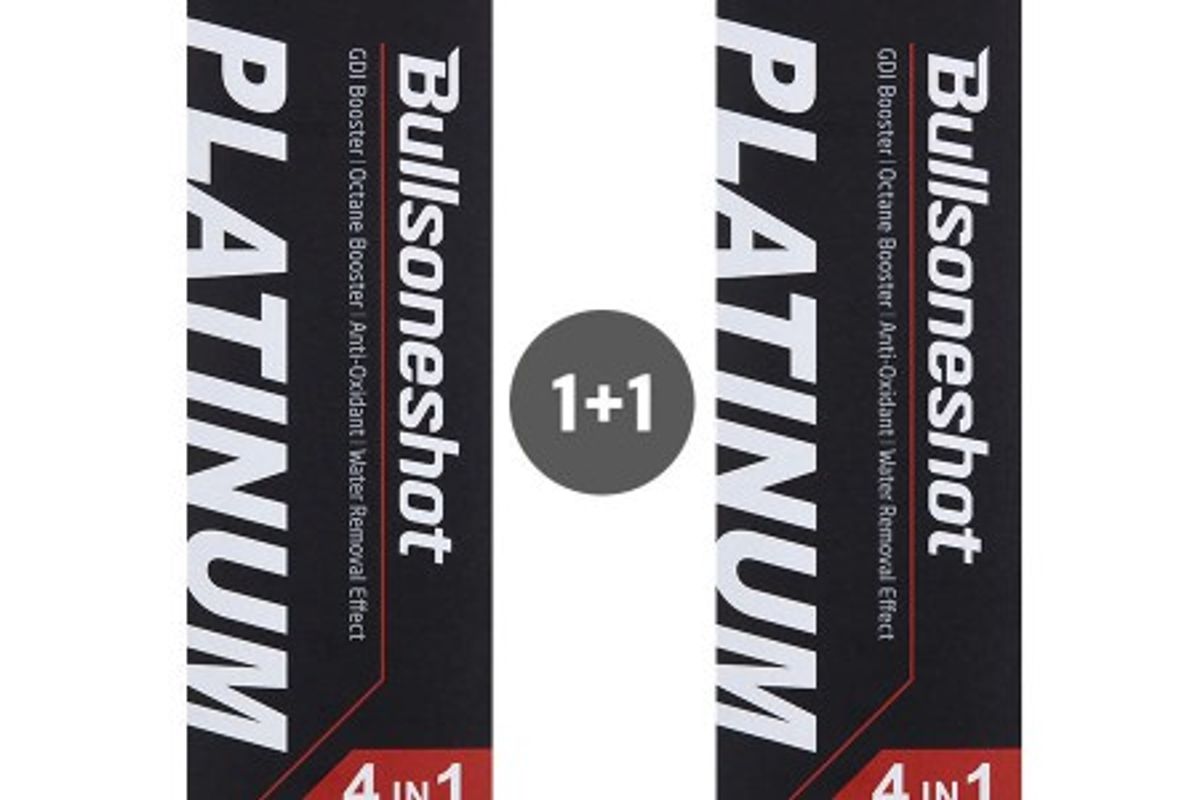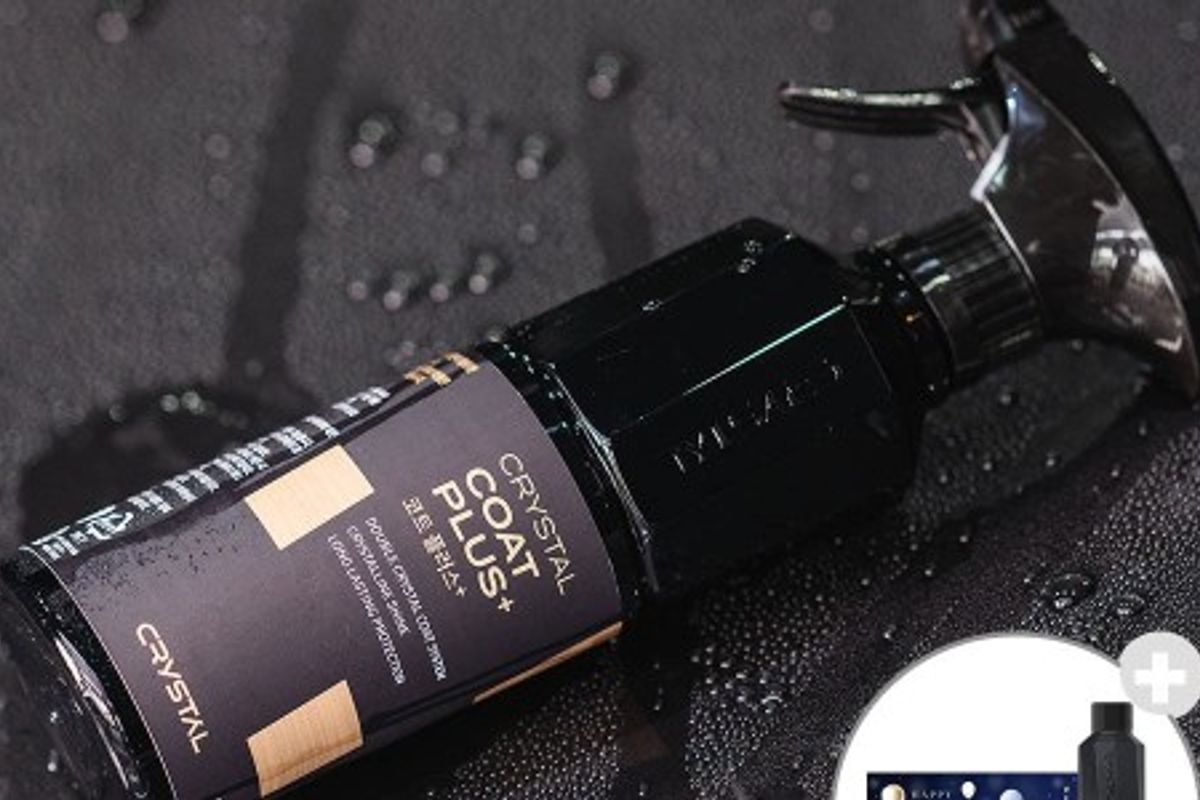This post is part of Naver Shopping Connect activities, where we receive a commission on sales generated.
● Hyundai faces repeated failures in the self-leveling rear suspension of the Palisade between 30,000 to 100,000 kilometers... issues persist even after technical service notices
● American consumers say, "Breakdowns start after the warranty ends"... complaints surge on NHTSA and online platforms, with some considering aftermarket modifications
● Why is it quiet in Korea? Differences in options, road conditions, and consumer responses create a 'market-specific issue gap'
Hello.
I am Uniji (Yuka Post), an automotive influencer.
Hyundai's flagship SUV, the Palisade, has encountered quality issues in the North American market once again. This time, the problem lies with the self-leveling rear suspension in the premium trim, which has been experiencing repeated failures. This system is designed to maintain a consistent height at the rear of the vehicle during driving, but actual user experiences tell a different story.
"Failures in shock absorbers between 30,000 to 100,000 kilometers"... some owners have replaced them more than twice
"Failures in shock absorbers between 30,000 to 100,000 kilometers"... some owners have replaced them more than twice
Palisade owners in North America have reported numerous cases of sudden rear suspension failures after driving certain distances (approximately 12,000 to 60,000 miles). Common symptoms such as "rear ride comfort imbalance," "shock leaks," and "knocking noises" frequently appear on forums and the National Highway Traffic Safety Administration (NHTSA) website. Notably, these issues primarily occur in premium trims equipped with the self-leveling system, and some owners have faced the burden of paying for repairs entirely out of pocket after their warranty expired.
Additionally, Hyundai issued a Technical Service Bulletin (TSB) in early 2022 for 2020-2021 Palisade models, warning that damage to the insulator assembly could lead to knocking noises and vibrations, and offered free repairs at service centers. However, the problem has resurfaced in the later 2022-2024 models as well.
Consequently, American consumers are increasingly voicing their dissatisfaction, stating that the TSB feels like a mere band-aid solution. One 2023 Palisade owner expressed disappointment, saying, "I replaced the rear shocks twice after driving just 16,000 kilometers."
What accounts for the differences between the North American market and the domestic market?
What accounts for the differences between the North American market and the domestic market?
Interestingly, this issue has hardly arisen among domestic Palisade consumers. It raises questions about why problems concentrate in North America while remaining quiet in Korea. In Korea, many premium trims do not include the self-leveling suspension as a standard feature. The North American market has a high demand for large SUVs, often used for family road trips or towing trailers, which is why this feature frequently comes as a standard or essential option.
Moreover, the United States experiences significant variations in road conditions by region, and highway driving distances are generally much longer, which may accelerate vehicle load and suspension fatigue. In contrast, Korea maintains a more favorable environment for maintenance, with relatively shorter driving distances and better access to service infrastructure.
Most importantly, American consumers possess a strong sense of rights protection through agencies like the NHTSA and class action lawsuits, which actively brings issues to light when they arise. In contrast, Korean consumers tend to rely on individual responses through service centers, making it difficult for problems to gain public attention.
The Kia Telluride, which shares the same platform as the Palisade and is sold in the North American market, has reported relatively fewer suspension issues. This difference may be due to the Telluride lacking the self-leveling feature in some trims or using a different type of damping system.
Meanwhile, the Hyundai Palisade remains a popular large SUV both domestically and internationally. However, the recurring problems with the premium suspension could damage the brand's image. Considering the differing specifications and consumer responses between the North American and domestic markets, Hyundai must tailor its quality control strategies and post-sale response systems to each market.
We now await Hyundai's official stance on this issue and whether they will take measures to restore trust, such as extending the TSB or expanding the scope of free repairs. We appreciate your valuable opinions in the comments and hope you have a pleasant and happy day. This concludes the post.
#Palisade #Hyundai #HyundaiPalisade #PalisadeDefect #HyundaiLawsuit #PalisadeSuspension #NewCarNews #Automotive #Uniji #AutomotiveIssues #AutomotiveNews
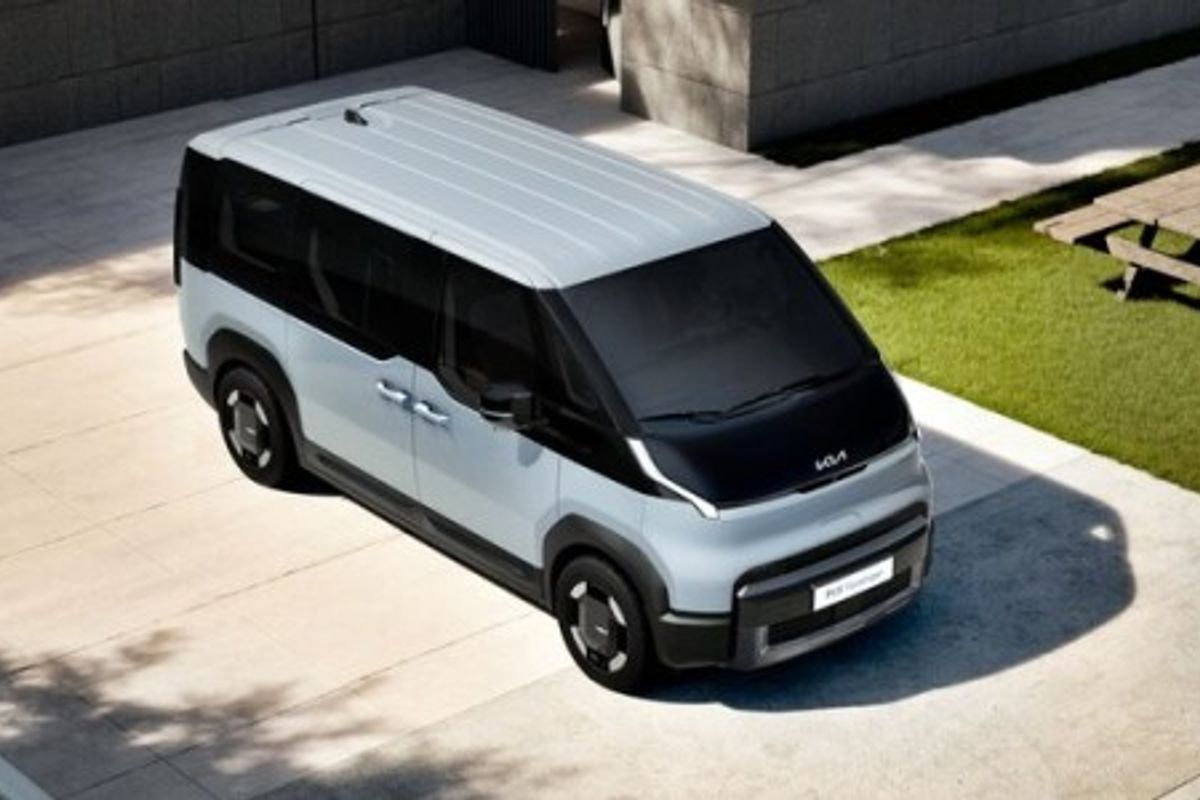
● Attention on potential replacement for Carnival and Staria... operates in Passenger, Cargo, and Conversion variants● Serves both work and family needs... configuration for up to 7 passengers, with a driving range exceeding 250 miles● Pre-orders start in June, with prices expected to begin in the low $30,000sHello. I am Uniji (Yuka Post), an automotive influencer.
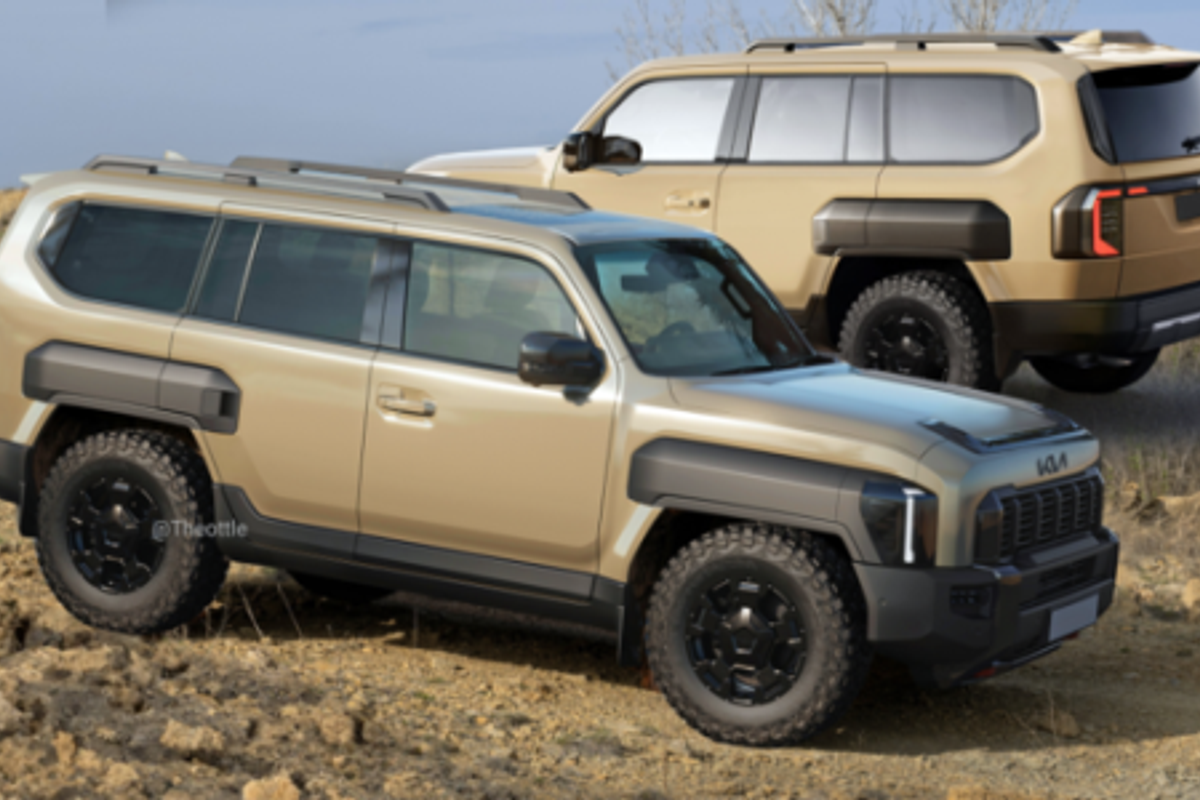
● Kia's Australian branch mentions the possibility of developing a frame SUV if the Tasman is successful... could debut within three years● A serious off-roader SUV targeting the Ford Everest and Toyota Prado... could fill Kia's gap● Expected launch in 2027... Kia's frame SUV strategy aims at the global market
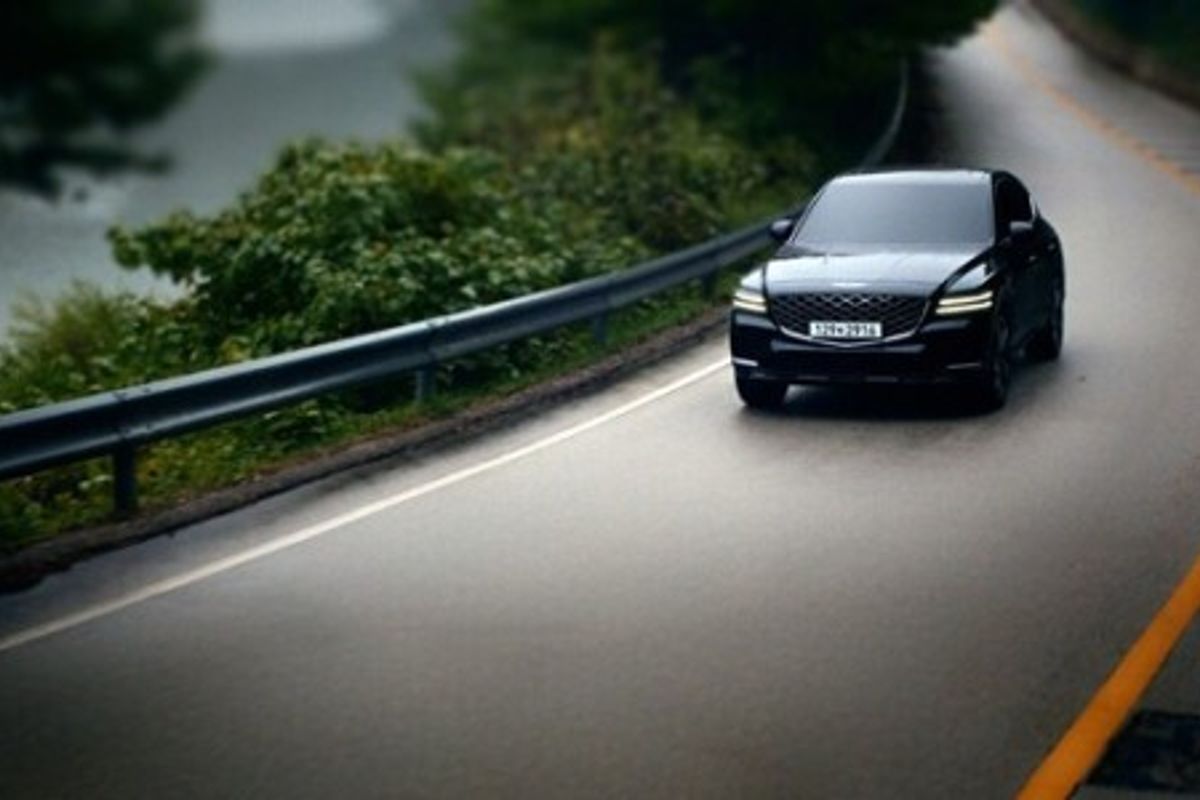
● 'Technology by Genesis' showcases advanced driving technologies with cinematic presentation● Key technologies include multi-camber air suspension, rear-wheel steering, and electronic limited-slip differential● Highlighting the technology integrated into the entire Genesis lineup, from the G90 and GV80 to the G70Hello. I am Uniji (Yuka Post), an automotive influencer.
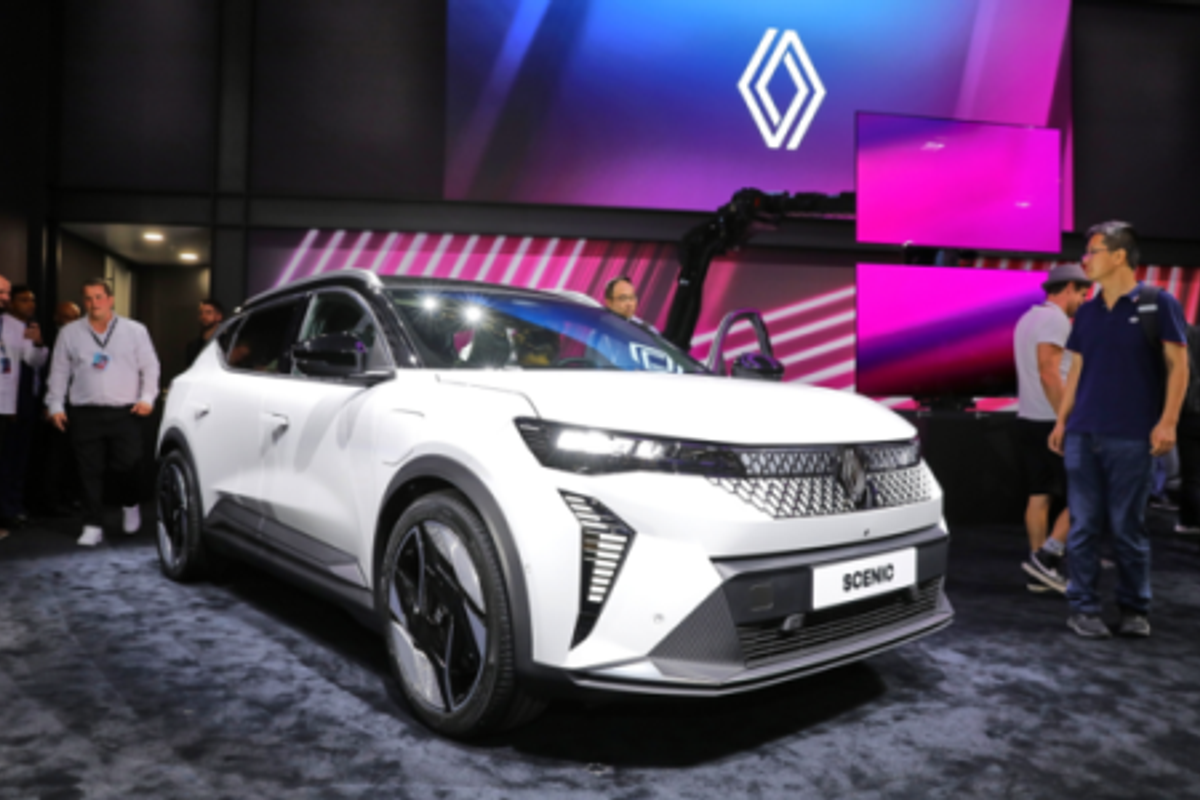
● 270 miles driving range and equipped with LG batteries... performance comparable to the Ioniq 5 Long Range, with price as a variable● Imported model produced in France... targeting the domestic market with a 'waiting program'● Following the Aurora project, the electrification strategy hints at an electric coupe to compete with the Grandeur and K8Hello. I am Uniji (Yuka Post), an automotive influencer.
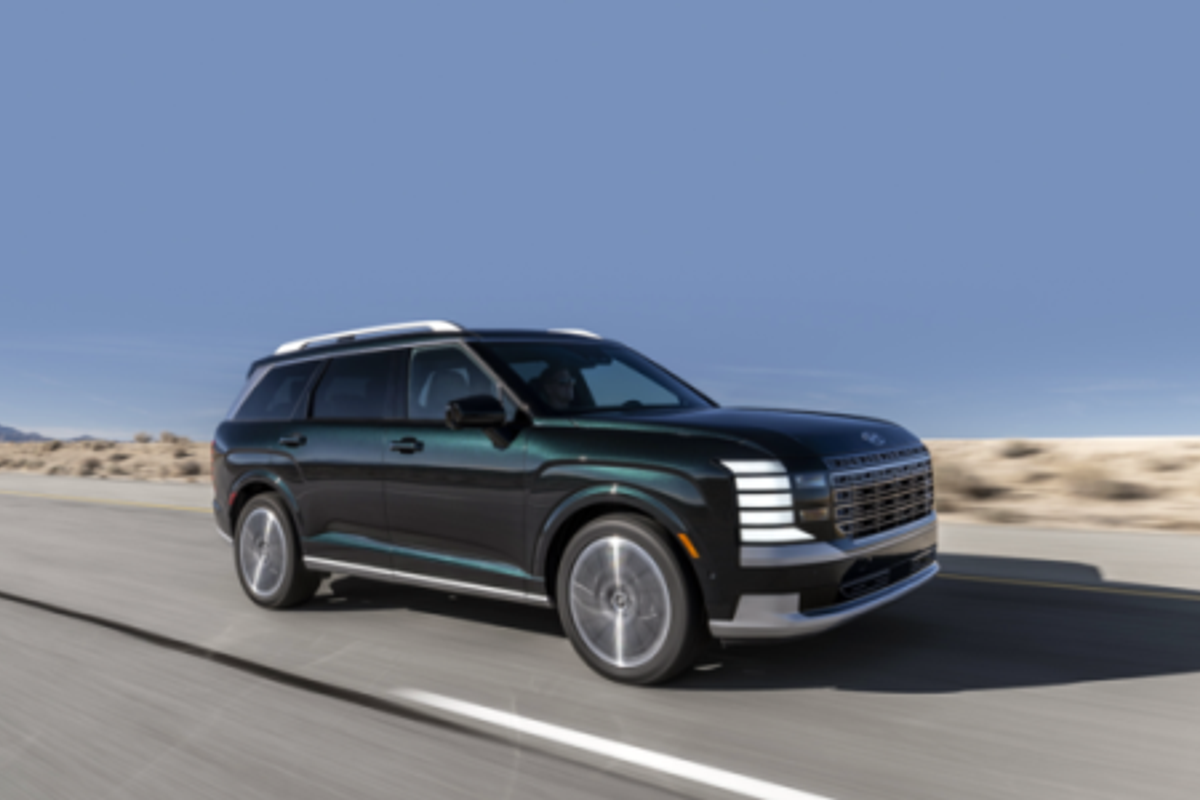
● The fully redesigned second-generation Palisade sees a surge in sales after the hybrid's release... threatening the Sorento's dominance and shaking up the large SUV market● Hyundai mobilizes its Ulsan Plants 2, 4, and 5 to expand production, with an eight-month wait becoming standard... a march of popularity● First application of the 2.5L turbo hybrid... the Palisade Hybrid boasts a maximum output of 334
